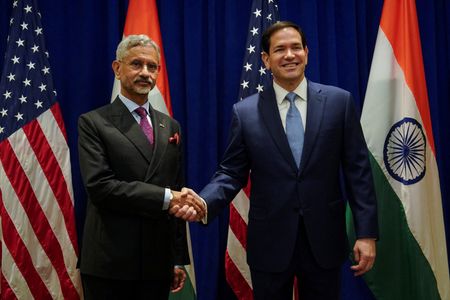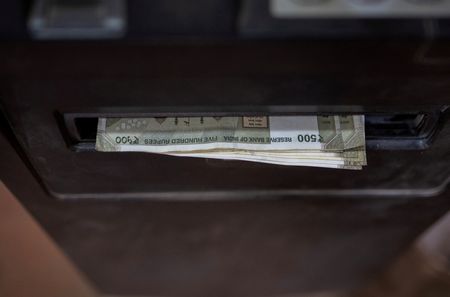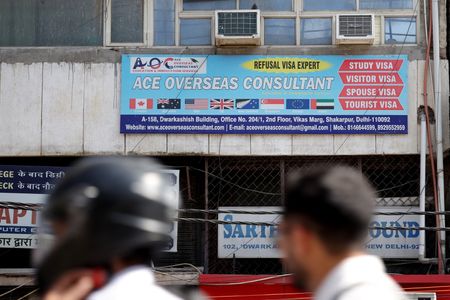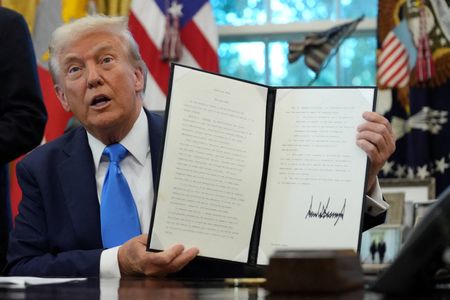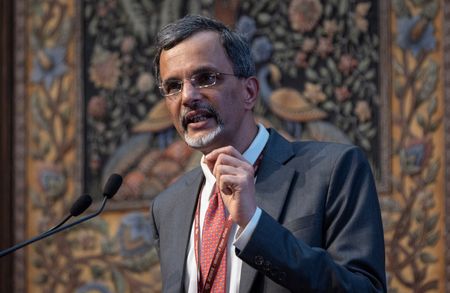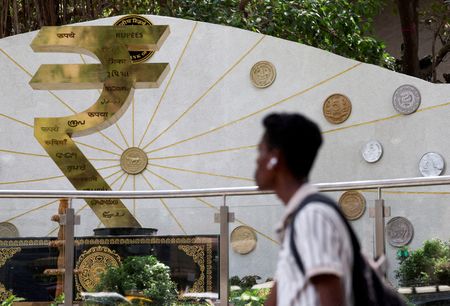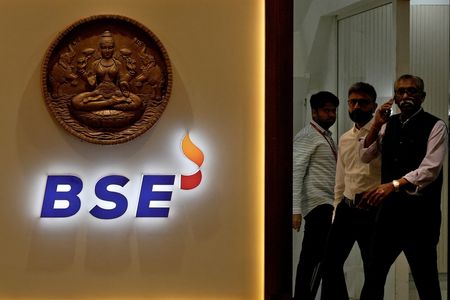(Reuters) -U.S. Secretary of State Marco Rubio stressed the critical importance of the U.S. relationship with India on Monday, after President Donald Trump’s move to impose a $100,000 fee for new H-1B visas dealt a blow to Indian tech firms.
Rubio met with Indian Foreign Minister Subrahmanyam Jaishankar on the sidelines of the U.N. General Assembly in New York and the State Department said they agreed their two countries would “continue working together to promote a free and open Indo-Pacific region, including through the Quad.”
“Secretary Rubio, reiterating that India is a relationship of critical importance to the United States, expressed his appreciation for the Indian government’s continued engagement on a number of issues including trade, defense, energy, pharmaceuticals, critical minerals, and other items related to the bilateral relationship,” it said in a statement.
Jaishankar earlier said he and Rubio agreed on the importance of sustained engagement to make progress in priority areas.
U.S.-India ties have been strained by trade frictions, but had looked to be picking up again until Trump’s visa announcement on Friday, which analysts say will raise operating costs for Indian IT services companies.
Monday’s was the first meeting between Rubio and Jaishankar since Trump imposed extra tariffs on India over its purchases of Russian oil. They last met in July at a meeting of the Quad grouping, which brings the two countries together with Japan and Australia which share their concerns about China’s growing power.
India was by far the largest beneficiary of H-1B visas last year, accounting for 71% of approved visas, while China was a distant second at 11.7%, according to U.S. government data.
Indian equity benchmarks declined on Monday, after key information technology stocks lost roughly $10 billion in combined market capitalisation after the U.S. visa move.
(Reporting by David Brunnstrom in Washington and Surbhi Misra in Bengaluru; Editing by Kevin Liffey, Cynthia Osterman and Alistair Bell)

